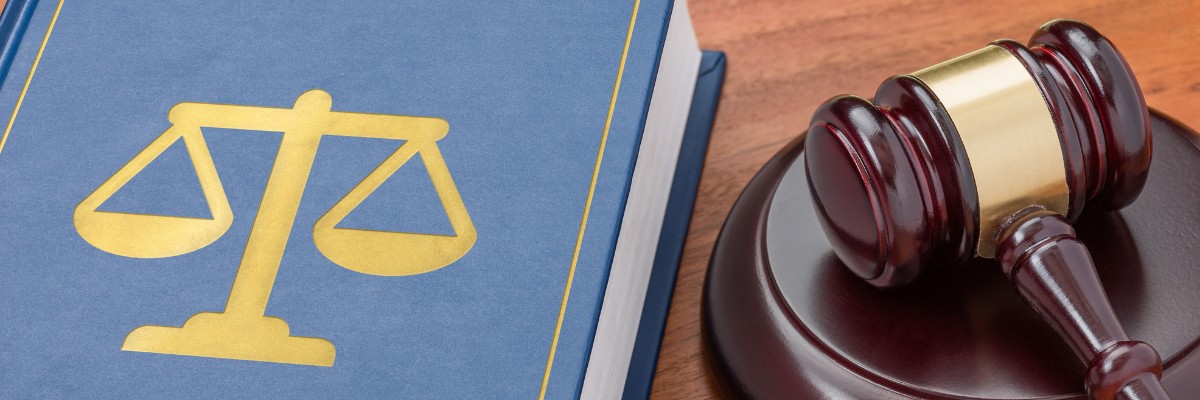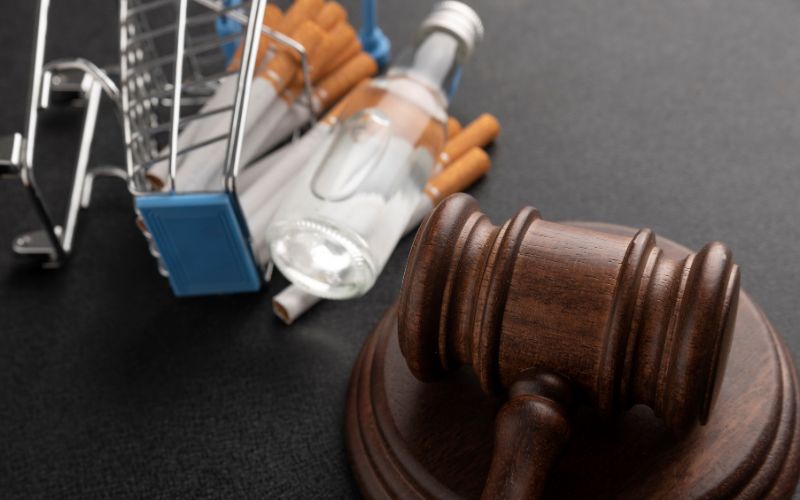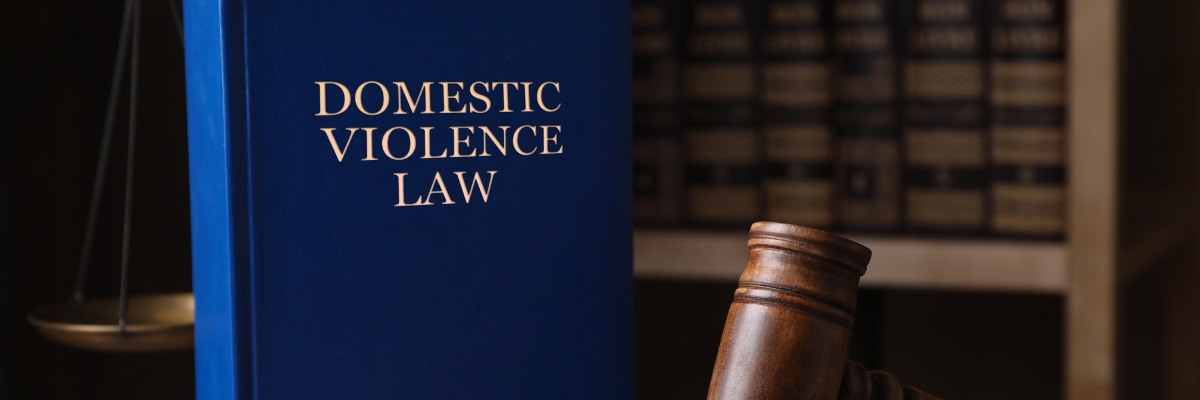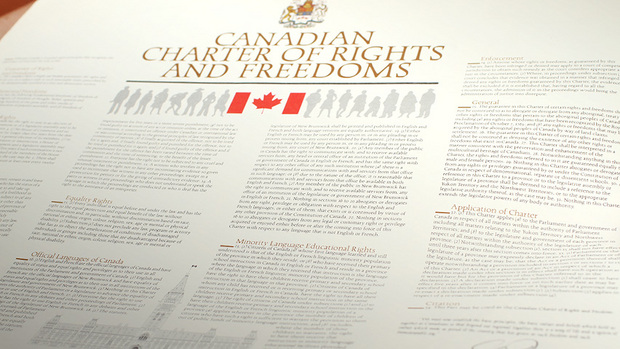Criminal assault charges are taken very seriously by our courts and can result in result in a jail sentence in many circumstances. A conviction for assault can also have a serious impact on a person’s future. The penalty you can receive and the impact an assault conviction can have on your future are only two reasons why defending assault charges is not something you should consider doing yourself. If you have been charged with assault, there may be one or more defences available to you. A criminal defence lawyer will be the best position to provide you with the legal advice you need and to assist you in defending assault charges.
Types of Assault Charges
There are many types of assault charges, and you may be surprised to learn that the definition of assault under the Criminal Code of Canada is very broad. The least serious type of assault a person can be charged with is simple assault. This form of assault does not require that a person sustain any physical injuries. An assault can be simple as the intentional application of force without consent, or even a threat or an attempt to apply force.
The most serious type of assault is aggravated assault. Aggravated assault is strictly an indictable offence and has a maximum penalty of 14 years in jail. Aggravated assault occurs when a person wounds, maims, disfigures or endangers the life of another person as a result of assaulting that person. To be found guilty of aggravated assault, the Crown Attorney does not need to prove that you specifically intended to cause the kind of injuries referred to above.
Other types of assault include; assault with a weapon, assault causing bodily harm, assaulting a peace officer, assaulting a police officer with a weapon or causing bodily harm and aggravated assault of a police officer. Most charges involving assault of a police officer result from a person resisting arrest.
There are also sexually-based assault offences which include; sexual assault, sexual assault with a weapon, sexual assault causing bodily harm, and aggravated sexual assault. Defending sexual assault charges will be dealt with in another article.
Defending Assault Charges
Consent
Depending upon the circumstances, consent may be a defence available when defending assault charges. The burden is on the Crown Attorney to prove beyond a reasonable doubt that the alleged victim did not consent to the application of force. The Crown Attorney must prove that the application of force was more than simply the result of carelessness or a reflexive action on the part of the accused person.
Consent to the application of force can be either implied or expressed. For example, consent to the application of force is implied when a person is playing hockey. However, consent cannot be given with respect to consensual fist fights that result in serious or non-trivial harm.
Mistaken Belief
Mistaken belief can also be a defence to an assault charge. For this defence to be considered, the accused person must produce some evidence that there was an honest but mistaken belief that consent was given. It will not be enough for an accused person to simply say “I didn’t know the person did not want to be touched”. An accused person must be able to provide some evidence that would support he or she was under an honest but mistaken belief that consent was given.
Self-Defence
Self-defence is common defence used when defending assault charges. Section 34 of the Criminal Code provides that where a person is unlawfully assaulted without having been provoked, he or she is justified in using force to defend him or herself. The force used must be no more than necessary to defend oneself. Section 35 of the Criminal Code creates a defence where the person relying upon self-defence was the aggressor or provoked an assault. Subsequent sections of the Criminal Code deal with other forms of self-defence that may be used to defend assault charges in some circumstances.
Although not necessarily a defence, the issue of identity can be a factor in some cases of assault. The Crown Attorney must prove beyond a reasonable doubt that the person charged with assault is person who actually committed the assault. Identity will often be an issue where the alleged victim has never met the accused person before.
Pleading to a Lesser Offence
There are some cases where it is clear that there is (1) a factual basis for the assault charges and (2) the Crown Attorney can quite easily prove its case beyond a reasonable doubt. In these circumstances, a competent lawyer may be able to negotiate a guilty plea to a lesser offence. For example, where a person is charged with aggravated assault, a plea to assault causing bodily harm may be negotiated with the Crown Attorney.
Contact
Any charge of assault is a serious offence and a conviction can prevent you from travelling to the United States or obtaining employment in certain circumstances. Contact me today if you have been charged with assault.
For more information about the various types of assault, see my Areas of Practice.
You can also read FAQs on assault.













